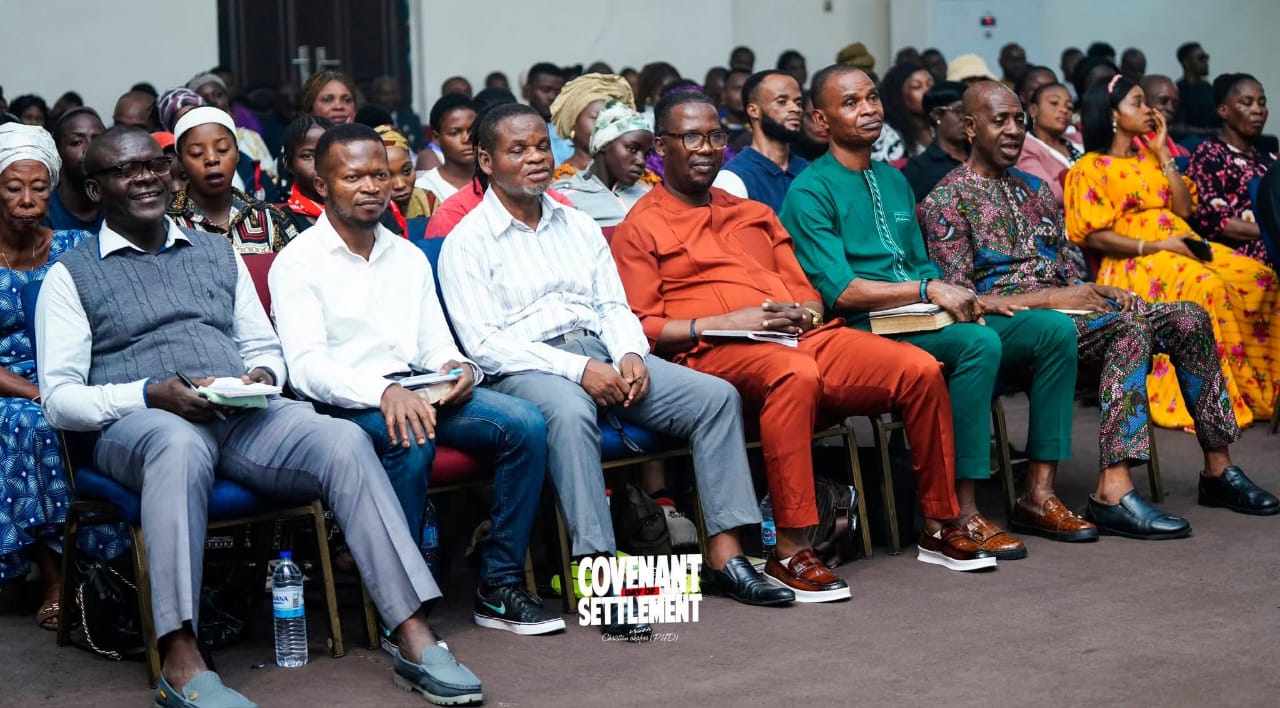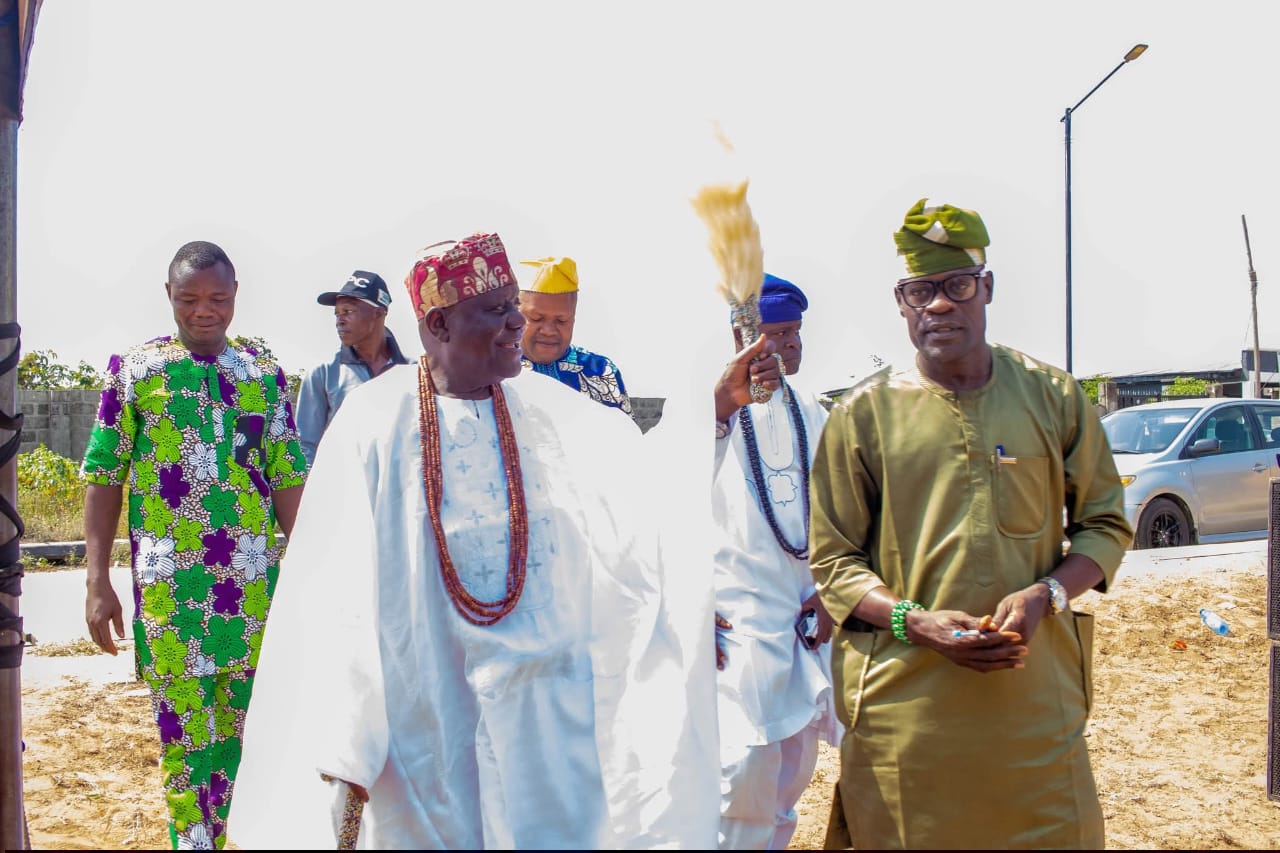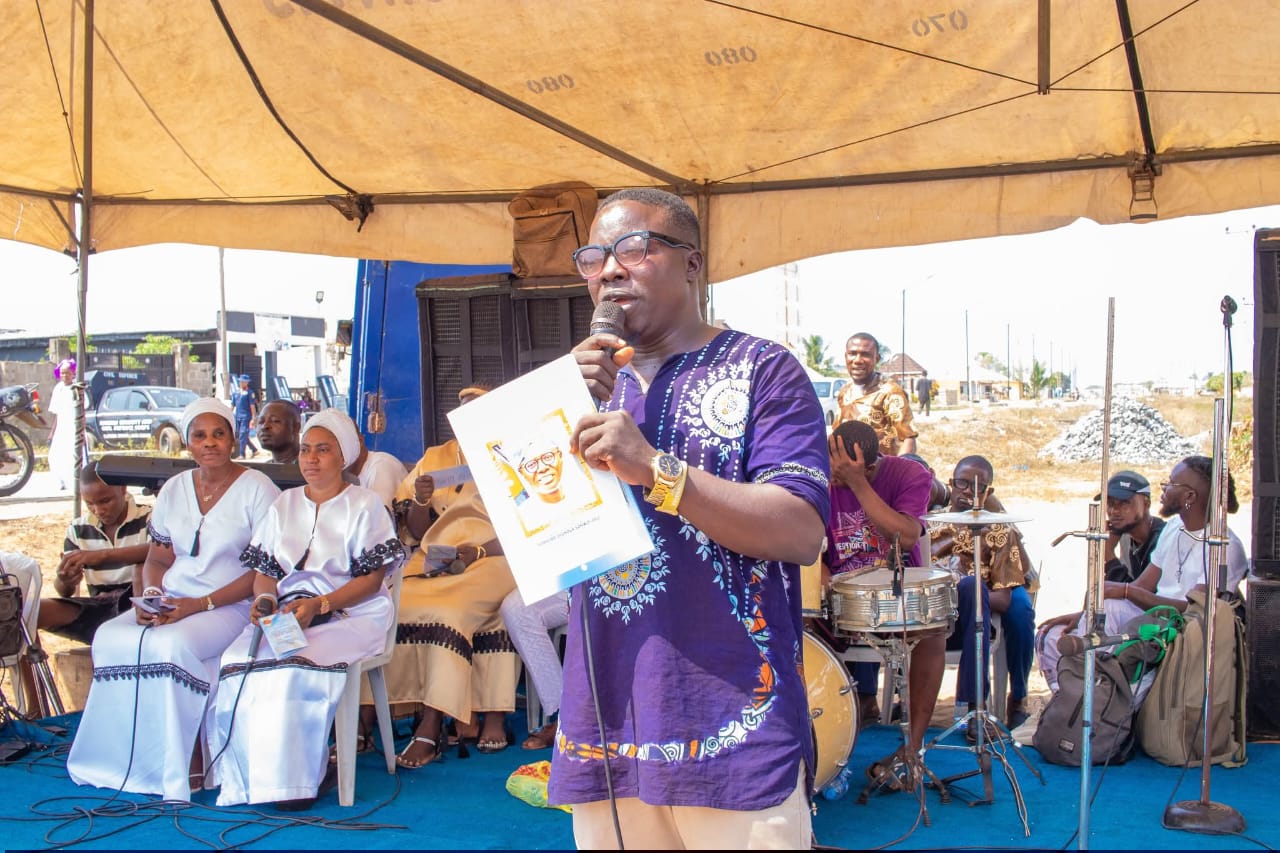society
Breaking: Group writes US Ambassador to Nigeria over Kano Emirates Tussle
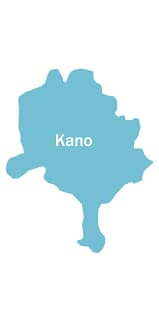
Breaking: Group writes US Ambassador to Nigeria over Kano Emirates Tussle
…calls for urgent sanctions against Kano Governor, other top functionaries
The Save Kano Coalition, an amalgamation of civil society organisations in Kano State, has petitioned the United States Ambassador to Nigeria over the Kano Emirates tussle.
The petition dated June 28, 2024, appealed to the ambassador to “order and deter the Abba Yusuf-led recalcitrant” Kano State Government from further undermining the institutions of democracy in the state.
The group warned that if urgent steps are not taken now, it could have “unimaginable consequences” for the peace, law, order, and socio-economic well-being of the state in the near future.
“This has become necessary as the governor, Engr. Abba Kabir Yusuf and his Party, the NNPP have turned Kano into a banana republic and a laughing stock in the eyes of the outside world. The rule of law has become the biggest casualty as the governor who has already subjugated the legislative arm of government, now interpretes judgements of the Court to conform with his vicious, malicious and vindictive intentions,” the coalition said in a statement signed by its Convener, Comr. Ibrahim Musa.
“The Kano Emirate Council which the governor is working overtime to convert to an appendage of his political Party is a revered traditional insitution with age-long values, culture, customs and traditions that is cherished, held in high esteem and guided jealously by subjects of the Emirate Council and outsiders alike.
“Today, the ancient city sits on edge as a result of the division and enmity which governor Yusuf and his godfather, Senator Rabiu Musa Kwankwaso have imported into Kano politics. The disregard for due process in running the affaim of the State has become so alarming that we can no longer pretend that all is well with our dear State and if the American government and her international allies who are the custodians of democracy, civil and human rights decides to turn a deaf ear ir and a blind eye to happenings in the Stant, Stair, it’s in only a matter of time before the time-bomb being planted in the State by Governor Yusuf explode in our faces. A conflagration in Kano State will be a threat will be a threat to the peace and stability of Nigeria and the whole of Africa and whatever can be done to pass this message to the government before it becomes too late must be done now.”
The group pointed out that the actions of Governor Abba Yusuf, who is being influenced by his godfather, Rabiu Musa Kwankwaso, to target perceived political enemies have the potential to fuel extremism and worsen the current security challenges in Northern Nigeria and the country as a whole.
SKC called for strict sanctions against the Governor Abba Yusuf-led government in Kano State until he stops disregarding court orders and ends all anti-democratic practices.
The coalition demanded that the Kano State government be excluded from receiving grants and partnerships from international organisations, development agencies, and donor agencies.
“The actions, decisions and policies The government have the potential of brewing estremism and of the compound the current security challenges being experienced in Northern Nigeria in particular and Nigeria as at large. With the governor’s penchant for disobeying the Orders of of the Coun, the people are already being tempted to resort to self-help and taking laws into their own hands. This could also lead to open confrontation between over noverzealous supporters of the governor and his Party on the one hand, and the law enforcement agencies on the other hand as their neutrality is being mad seen as working against the interest of the ruling government in the State to be
“We call for stringent sanctions against the governor Abba Yusuf-led government in Kano State until he ceases to disobey Court Orders and bring a halt to all anti-democratic practices. We equally demand that travel ban and Visa restrictions be placed on the governor and top members of his cabinet. We call for the Kano government to be blacklisted from grants and partnership by international organisations and development and or donor agencies whose interests can no longe be guaranteed in the volatile environment which the government has created with their own hands,” the statement added.
society
Turning Point 2: When You Stand for Light, You Encounter Many Battles — Dr. Chris Okafor

Turning Point 2: When You Stand for Light, You Encounter Many Battles — Dr. Chris Okafor
… “There is always a day of adversity.”
….. “Battles come with time.”
A turning point is a moment of decisive and beneficial change—a defining season that marks a significant shift in the life of an individual. It is the point at which God intervenes to alter a situation, often bringing lasting transformation.
Continuing his teaching on “Turning Point – Part 2,” the Generational Prophet of God and Senior Pastor of Grace Nation Worldwide, Dr. Chris Okafor, declared that anyone who chooses to stand for light must be prepared to face battles.
According to him, a turning point is a drastic change in the life of a person, brought about when God releases His divine agent of change. Such moments rarely come without resistance, as darkness always reacts when light appears.
Scriptural Case Studies of Turning Points
Dr. Okafor highlighted three biblical figures whose lives were radically transformed after intense battles:
*Joseph*
Joseph was divinely commissioned to preserve and deliver his people, yet he suffered for crimes he never committed. Betrayed, sold, and imprisoned, his journey was marked by pain. However, when his turning point arrived, he emerged from the prison to become the prime minister of Egypt and the talk of the nation.
*Jacob*
Jacob faced numerous battles, including prolonged conflict with his own brother. He endured hardship and uncertainty, but through divine encounters and God’s remembrance, his story changed. The man who fled in fear returned as a prince and the head of a great nation.
*Sarah*
Sarah experienced divine visitation at an age when childbirth was considered impossible. Through God’s intervention, her barrenness was turned into laughter, and her testimony became a clear example of how divine visitation ushers in a turning point.
*Keys That Provoke Turning Points*
The Generational Prophet outlined key spiritual principles that provoke turning points in the life of a believer:
Being Born Again
Spiritual rebirth is foundational. A genuine relationship with God positions a believer for divine intervention.
*Prayer and Fasting*
Dr. Okafor emphasized that fervent prayer, combined with fasting, accelerates spiritual breakthroughs. “If there is a man to pray, there is a God in heaven who answers prayers,” he declared.
*Sacrifice*
Sacrifice, he explained, is another powerful form of prayer.
When believers give sacrificially into God’s kingdom, God responds with honour and intervention, releasing turning points in areas of need.
*Service*
The level of one’s commitment to service in God’s vineyard determines the nature and timing of a turning point. Faithful service, even in the midst of battles, attracts divine remembrance.
The glorious Sunday service was marked by a powerful move of the Holy Spirit, with deliverance, miracles, healings, restoration, and solutions to diverse challenges holding people bound.
society
Otega Ogra: Online Misinformation Endangers Public Trust and Stability
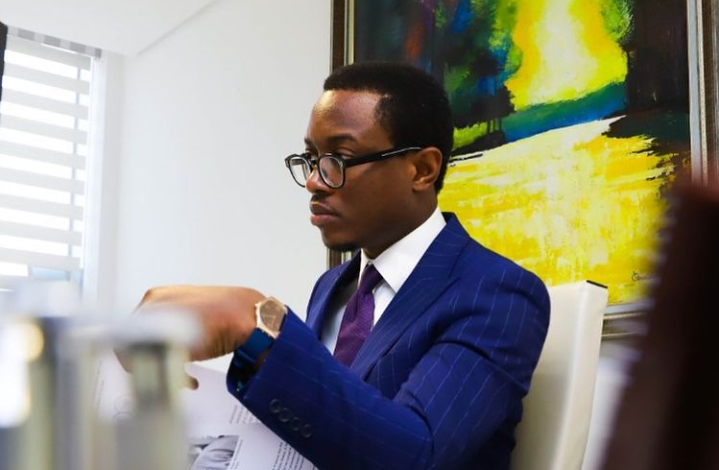
Otega Ogra: Online Misinformation Endangers Public Trust and Stability
society
Iworo FM 96.3 Celebrates First Anniversary in Grand Style
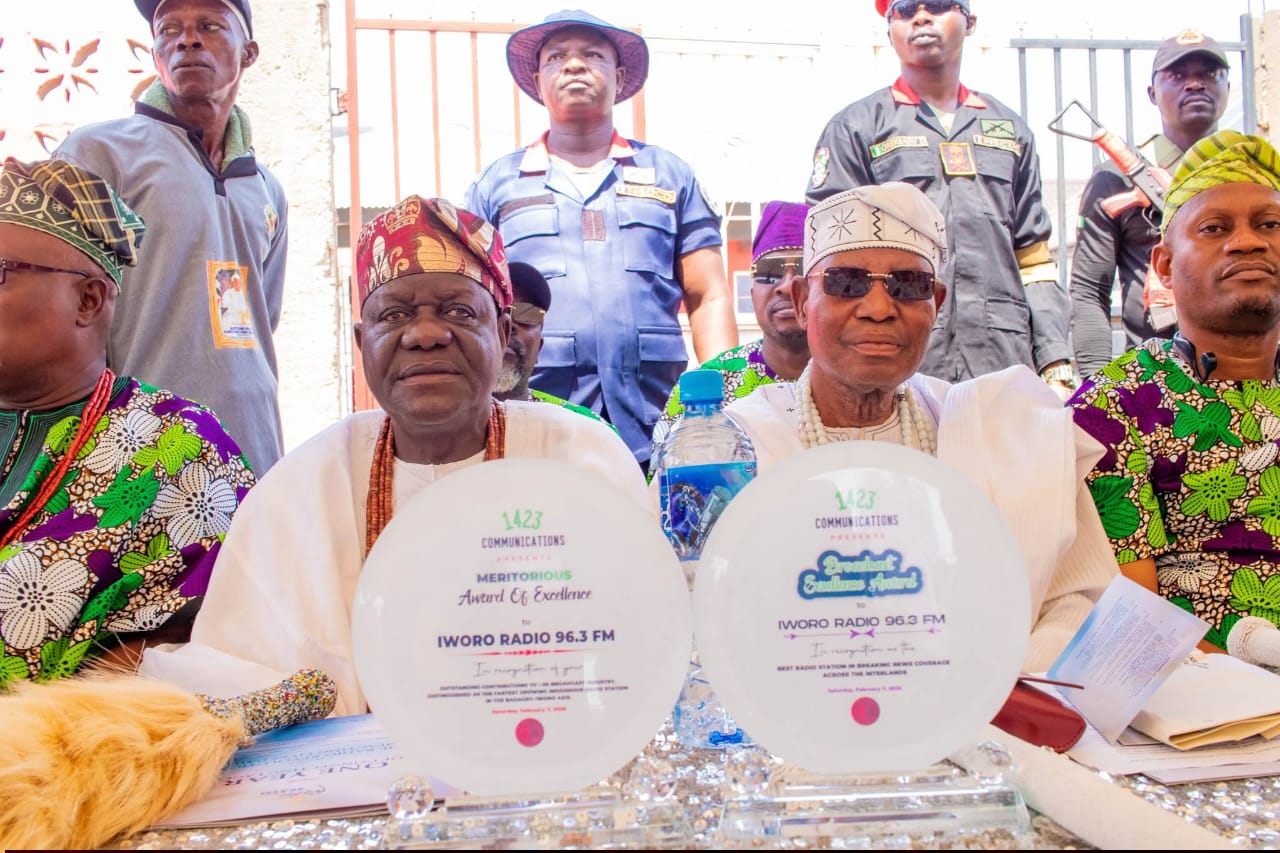
*Iworo FM 96.3 Celebrates First Anniversary in Grand Style
Nigeria’s foremost indigenous radio station, Iworo FM 96.3, on Saturday, 7th February 2026, celebrated its first anniversary in grand style.
The event attracted several notable personalities from Iworo and its environs, including the traditional ruler, the Oniworo of Iworo-Awori Kingdom, Oba (Dr.) Oladele Friday Kosoko; the Chairman of Olorunda LCDA, Hon. Ajose Peter Kumayon; Oba of Apa kingdom, Christian and Muslim clerics, among others.
The glamorous event commenced with a session of thanksgiving to appreciate God for the success of the radio station since its establishment in 2025. The organisers acknowledged the challenges encountered along the way but expressed gratitude to God for His intervention and support in ensuring the station rose above all odds.
According to the Oba of Apa kingdom, the presence of Iworo FM has brought significant development to the environment. He stated that the station has introduced Iworo Kingdom to people beyond its immediate community and has largely placed it on the national map. He further noted the tremendous progress recorded in the station’s operations and commended the management for their foresight, which has benefited everyone in Iworo.
“Iworo FM is a good initiative that has attracted development to the community. It has placed Iworo Kingdom on the national map, all thanks to the amazing and laudable work of the management. Within one year, there has been tremendous progress in the operations of this radio station. I am glad to see the improvements and also congratulate the people of Iworo for having an investment like this,” he said.
Similarly, awards were presented to the management of the radio station by 1423 Communications in recognition of the station’s impact in the broadcasting industry.
The communication company presented awards for the Fastest Rising Indigenous Radio Station in the Badagry–Iworo axis and Best Radio Station in Breaking News Coverage Across the Interlands.
Speaking through its representative, the company explained that Iworo FM 96.3 has performed commendably well within a short period and truly deserves the accolades it has received.
“Iworo FM deserves all the accolades it is getting because it has done exceedingly well for the community and Lagos State as a whole. These awards are the result of careful observation of the station’s operations and activities. It is indeed marvellous,” the representative said.
While receiving the awards, Oba Oladele Friday Kosoko, who also serves as the Board Chairman, expressed appreciation to the communication company, noting that he would continue to remain committed to the growth of the radio station.
“We are very happy with this award. It shows that we are being watched, and to be considered for these laudable awards means a lot to us. I will continue to show commitment to this radio station and will do even more as we move forward in the coming years,” he said.
The event also featured raffle draws, during which participants won various items including fans, bags of rice, clothing materials, and other food items.
-

 celebrity radar - gossips6 months ago
celebrity radar - gossips6 months agoWhy Babangida’s Hilltop Home Became Nigeria’s Political “Mecca”
-

 society6 months ago
society6 months agoPower is a Loan, Not a Possession: The Sacred Duty of Planting People
-

 news6 months ago
news6 months agoTHE APPOINTMENT OF WASIU AYINDE BY THE FEDERAL GOVERNMENT AS AN AMBASSADOR SOUNDS EMBARRASSING
-

 Business6 months ago
Business6 months agoBatsumi Travel CEO Lisa Sebogodi Wins Prestigious Africa Travel 100 Women Award




